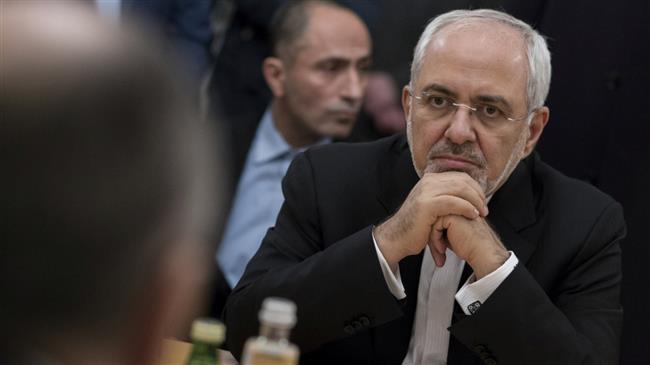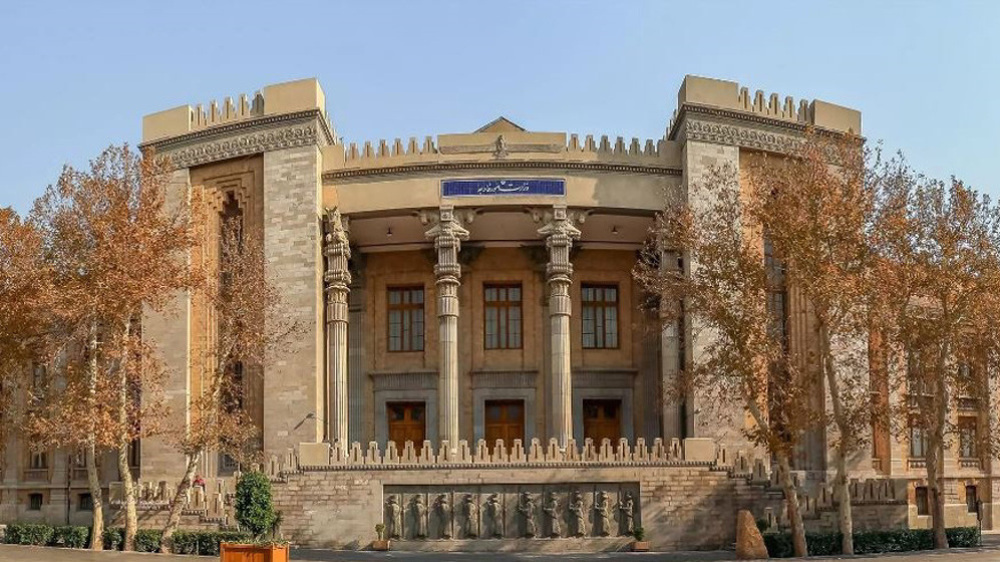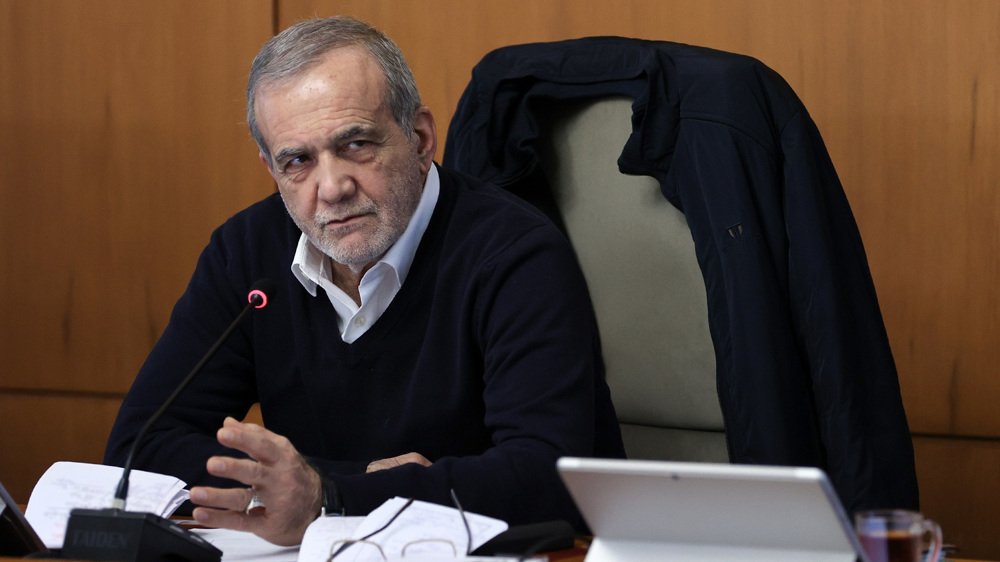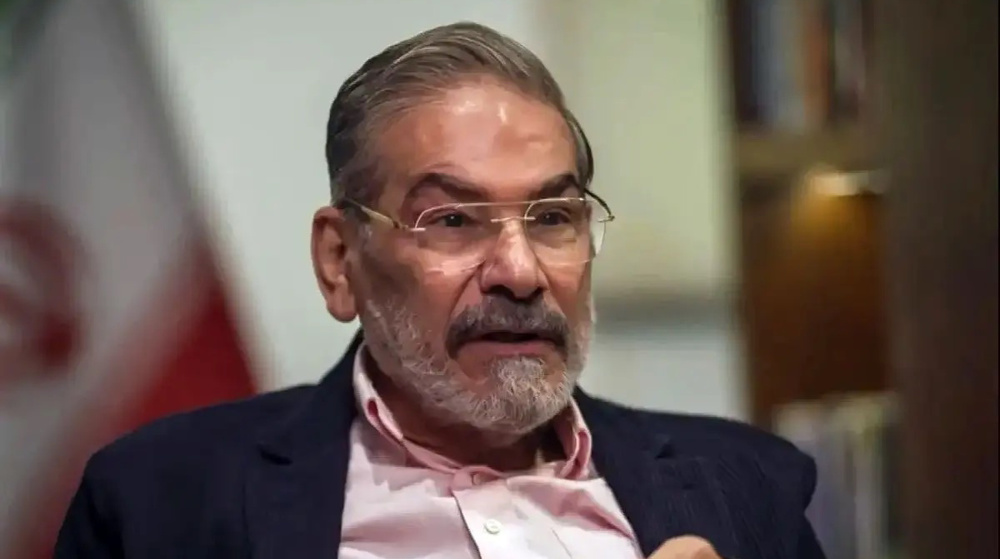US possible withdrawal from JCPOA would free Iran of any commitment: Zarif
Iran's Foreign Minister Mohammad Javad Zarif says the US, under President Donald Trump, has violated almost all of its commitments as part of the 2015 nuclear deal, and that Washington’s withdrawal would only set Iran free of any obligation to stay in the accord.
“If the United States officially withdraws from the JCPOA, the immediate implication would be that it would free Iran of any obligation to remain in the JCPOA,” Zarif told the National Interest on Monday, using an acronym for the nuclear agreement, known as the Joint Comprehensive Plan of Action.
He said the Trump administration “has really not been a part of the JCPOA, has violated almost every US commitment under the JCPOA, so we’ve had almost sixteen months of a trial period for official withdrawal."
Zarif said quitting the nuclear Non-Proliferation Treaty (NPT) could be an option for Iran in case Trump scraps the accord.
“That’s not, certainly, the government’s position. But we have very active public opinion and we have always been responsive to public opinion. But what I see in the cards as the first stage of our response to US official withdrawal would be to contemplate also withdrawing from the JCPOA,” he said.
The Iranian foreign minister said that the current US administration “does not serve the interests of international peace and security, and if I may say, neither the interests of the United States.”
Meanwhile, Secretary of Iran's Supreme National Security Council Ali Shamkhani said Tuesday that Tehran might leave the NPT if the US decides to pull out of the nuclear agreement.
“This is one of the three options that we are considering,” he told reporters.

He said that Iran was prepared to adopt some “surprising actions” if the nuclear deal was scrapped.
Iran and the five permanent members of the United Nations Security Council – the United States, France, Britain, Russia and China – plus Germany signed the nuclear agreement on July 14, 2015 and started implementing it on January 16, 2016.
Under the JCPOA, Iran undertook to put limits on its nuclear program in exchange for the removal of nuclear-related sanctions imposed against Tehran.
Trump has been a vociferous critic of the Iran nuclear pact, which was negotiated under his predecessor, Barack Obama. He has called the agreement the “worst deal ever” and even threatened to tear it up.
In January, Trump decided to stick with the deal, but gave the European signatories a May 12 deadline to “fix the terrible flaws” of the accord or have him abandon it.
This is while the nuclear agreement is an international document and endorsed by the Security Council Resolution 2231.
US approves $3 billion deal for sale of F-15 equipment to Saudi Arabia
At least 20 killed in heavy Israeli bombing of displacement tents in Gaza
VIDEO | Venezuelans mark one month since US kidnapping of President Nicolas Maduro and his wife
Iran intel minister: West will face consequences over IRGC designation
Pakistan deploys helicopters, drones to retake town from insurgents
Israel-Palestine head of HRW resigns over blocked report on Palestinians right of return
VIDEO | Iranian athletes seal historic year with global titles amid external pressure
An uprising against oppression of Mohammad Reza Pahlavi










 This makes it easy to access the Press TV website
This makes it easy to access the Press TV website